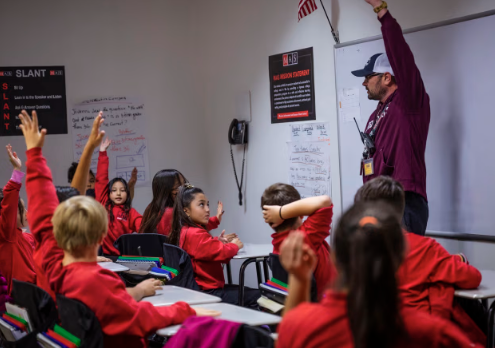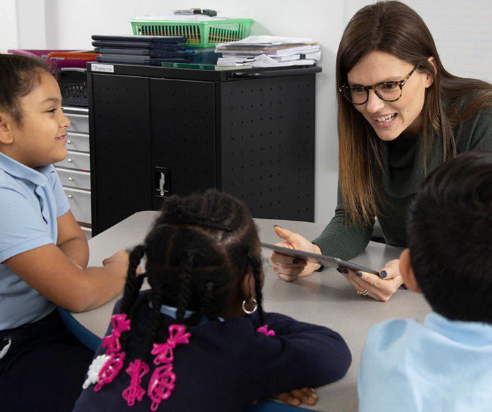Article:
In 2025, charter schools continue to play a significant role in educational innovation. One of the most impactful strategies embraced by many charter schools is personalized learning. With their flexibility in curriculum design and instructional models, charter schools are uniquely positioned to tailor learning experiences that meet the needs of every student. Personalized learning in charter schools is driving engagement, achievement, and long-term student growth.
Why Charter Schools Are Well-Suited for Personalization
Charter schools often have greater autonomy over curriculum, scheduling, and instructional approaches. This flexibility allows educators to implement personalized learning without many of the constraints found in traditional settings. Schools can pilot new technologies, experiment with project-based learning, and adapt classroom structures to support more individualized instruction.
Aligning Learning with Student Interests and Goals
Personalized learning enables students to explore subjects that interest them while meeting core academic standards. In charter schools, this might look like thematic units, student-designed projects, or integrated arts and STEM activities. These opportunities keep students motivated and help them see the relevance of their learning.
Flexible Pacing and Mastery-Based Progression
Many charter schools incorporate flexible pacing, allowing students to progress as they demonstrate mastery rather than being limited by grade-level timelines. Personalized learning supports this approach by providing diagnostic tools, real-time feedback, and targeted instruction that helps each learner move forward with confidence.
Creating Strong Student-Teacher Relationships
Smaller class sizes and advisory systems in charter schools often allow for more frequent, meaningful interactions between students and teachers. Personalized learning thrives in this environment, as educators can build learner profiles, conduct one-on-one check-ins, and adjust instruction based on evolving needs.
Integrating Technology Thoughtfully
Charter schools frequently adopt educational technology to enhance learning. Personalized platforms offer adaptive lessons, interactive resources, and digital portfolios that help track progress. When used thoughtfully, these tools support deeper engagement and make it easier to differentiate instruction.
Measuring Success Beyond Standardized Tests
Many charter schools use a broader range of assessments to evaluate student growth. Personalized learning aligns well with performance-based assessments, presentations, and capstone projects. These methods provide a more complete picture of student achievement and reflect real-world skills.
Conclusion
In 2025, personalized learning is helping charter schools fulfill their mission of innovation and student-centered education. By aligning instruction with individual needs and interests, charter schools are creating environments where all learners can succeed. Through flexibility, creativity, and a strong commitment to equity, personalized learning in charter schools is preparing students not just for academic success—but for life beyond the classroom.














